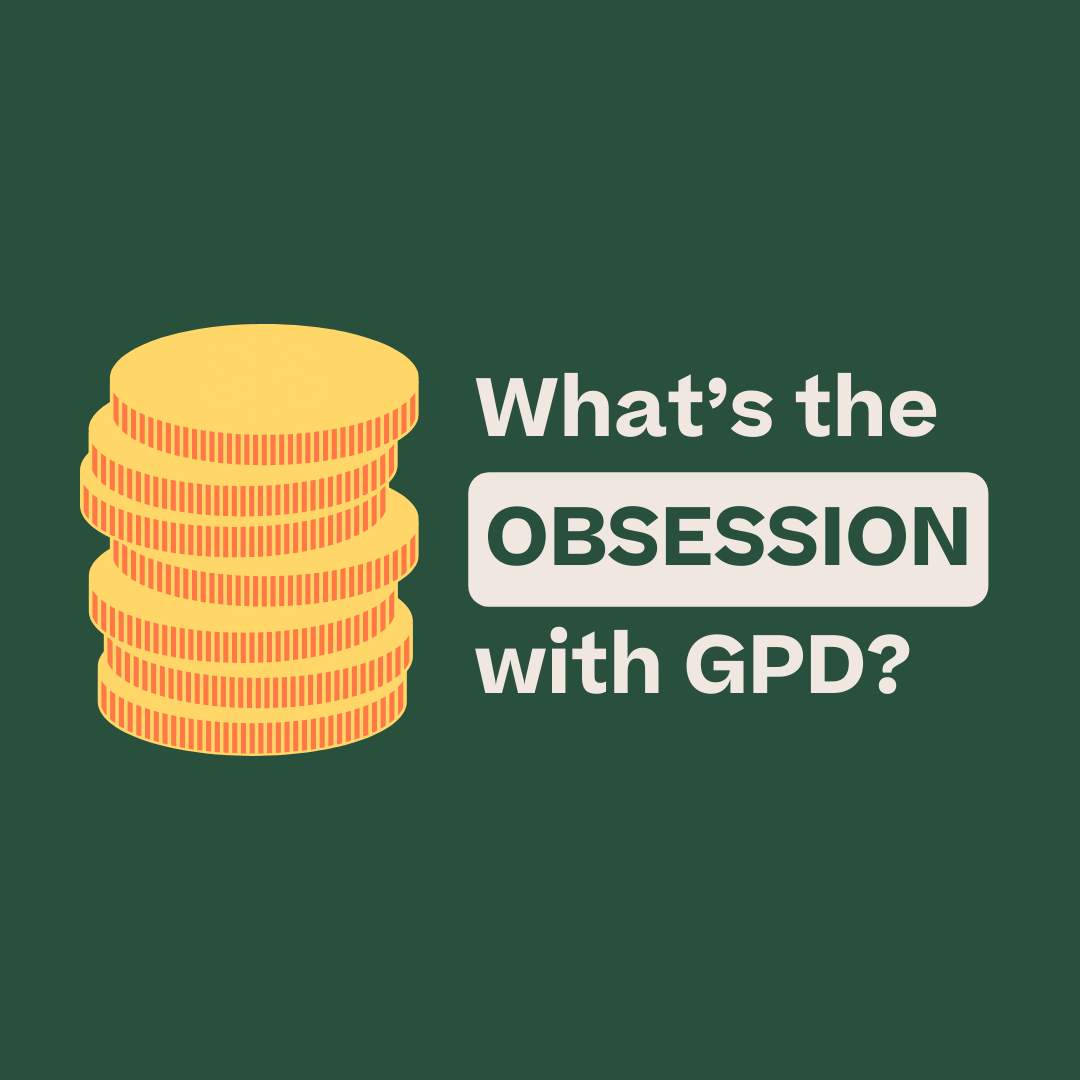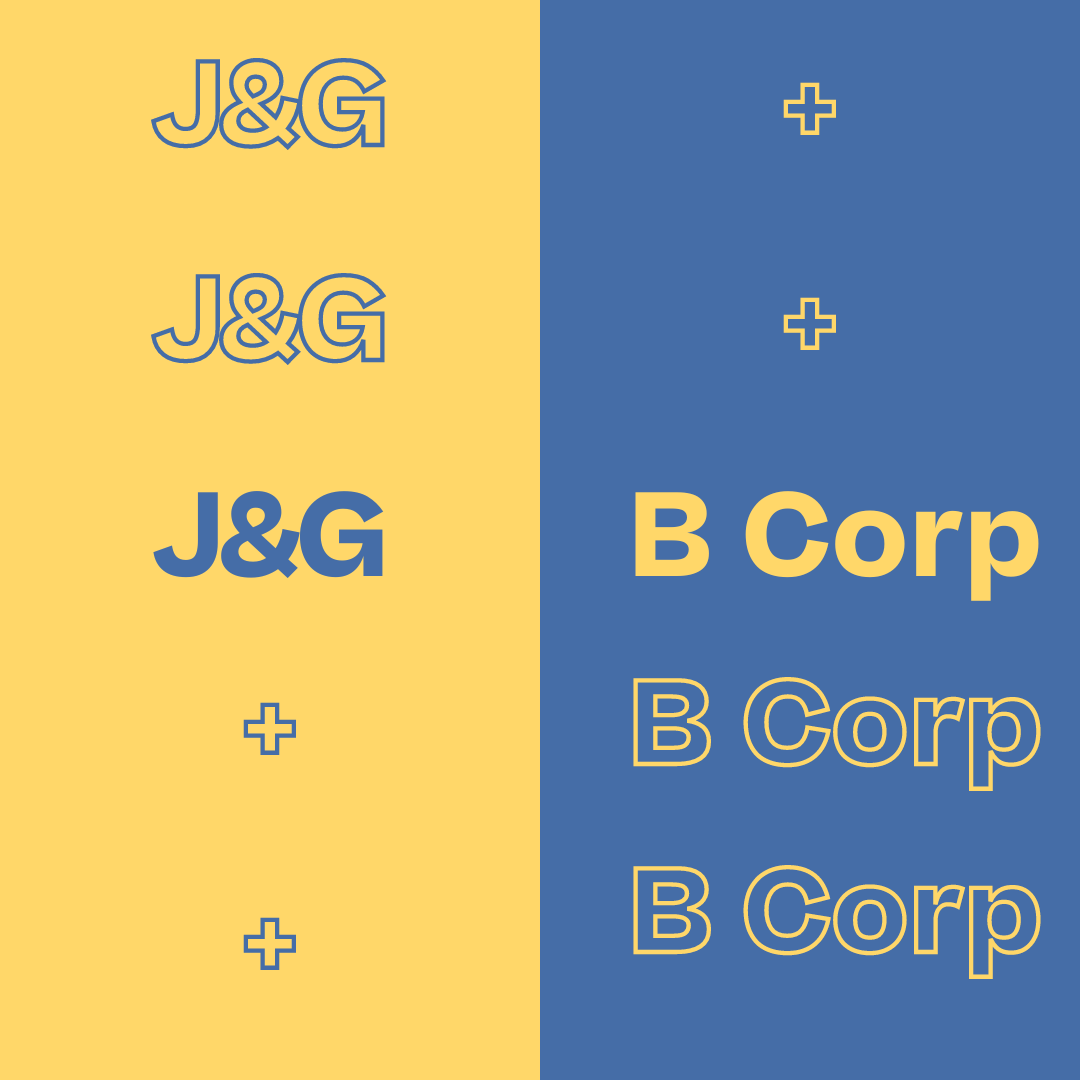News • 18/08/22
Why it’s never a good idea to confuse a business with a ship


From Jack & Grace co-founder, Nyree – with thanks for input from the brilliant Hugo Turner.
Have you listened to the BBC podcast, The Good Ship BrewDog yet? It’s good. Here’s the blurb for it: “Punk” CEO James Watt built a £2bn business, then controversy struck. The Captain is accused of leading a culture of fear and more, so can he steer the Good Ship through the storm?
Now infamous, BrewDog, is one of Britain’s fastest growing breweries, with products in pubs and supermarkets across the UK and parts of the world. Its even more infamous co-founder, James Watt, started BrewDog with co-founder Martin Dickie following seven years working on a ship on the North Atlantic. This is why so many naval references weave through the company’s distinctive voice – one example, James Watt calls himself ‘Captain’ of BrewDog.
Following years of huge growth and success, in 2021 stories about bad working conditions at BrewDog began to surface. A group of former employees sent out an open letter which revealed a darker side to the company. You can read it here.
According to the group, many of the supposed benefits promised to staff were not actually being received and there was a culture of fear, with employees afraid to speak out. The letter alleged that the focus on maintaining an exceedingly fast-paced environment meant overworking staff, damaging their mental and physical health. The blame for this was largely directed at James Watt. He made an apology video but it wasn’t well received online. The feeling was one of betrayal – BrewDog had claimed to be different, when in reality they were just another big business.
There’s a lot of internet space already dedicated to dissecting the ins and outs of this, including the efficacy of the things BrewDog has since put in place to address the issues raised. This is one of the things looked at in the BBC’s podcast.
In amongst all this, one thing that struck me is how unhelpful it is to think about a business as a ship – and how this mindset could easily underpin a toxic work environment.
In a tweet, James himself says his experience at sea taught him a lot. “I spent 7 years on the stormy north Atlantic on this boat and became a captain. Working in one of the toughest environments on earth taught me so much about people, leadership, teamwork, and adversity.”
But did it teach him the wrong things? Here are five ways equating a business with a ship, doesn’t add up:
1. “You know and accept the risks. It just come with the job.”
This is how James Watt talks about life at sea. Did that thinking creep into how he expects his team to think about work at BrewDog?
Working behind a bar, in an office, or in a brewery should be significantly less risky than working a trawler. James’ response to that seems to have been to create false risks for his team. In his book Business for Punks he talks about ‘planned chaos’ as the way to get the best out of people. Keeping them in a permanent state of anxiety to keep people on their toes and provide an “exciting work atmosphere”.
2. “Make it happen”
In a 2010 interview with The Times Watt shared the secret of his success: “Having worked on the deck of a fishing boat in a January storm, anything else seems like a piece of cake.”
Perhaps that’s why, “make it happen” was so often James’ answer when his team flagged impossible deadlines or aims. There wasn’t the option to change the goal or make timings realistic – and the cost of this was human.
As the open letter to BrewDog says: “So many of us started our jobs there eagerly, already bought into the BrewDog ethos, only to very quickly discover that ‘fast-paced’ meant ‘unmanageable’, and ‘challenging’ meant ‘damaging’.”
“We are uncompromising” is one of the five points in BrewDog’s company charter. In practice it seems it meant pressurising and pushing staff and suppliers beyond their limits.
3. Get the right fit
“You need to build speed and an acceptance of chaos into your company culture. And ensure you hire the kind of people who can handle the fast paced, hectic and occasionally unruly environment” says James in his book.
I should, at this point, declare a limited knowledge of life on a trawler in the North Atlantic. Perhaps this kind of approach to recruitment works there? Perhaps it also works if your goal is to build a company, no matter the trail of destruction you leave behind.
It doesn’t work if you’re building something sustainable built on an understanding that for most people work is part of life, not the whole thing.
James Watt talks a lot about finding the right people to drive your business culture and goals forwards. One example of how that played out was BrewDog offering a £500 leaving fee for any staff who joined and then didn’t feel they were the right fit.
‘Fit’ is so tricky isn’t it. It’s a balance because you want to foster your business culture in a distinctive and positive way. When someone challenges that, it can feel really hard. But rather than dismissing them as the wrong ‘fit’, there is an opportunity to see if your culture needs to flex to allow diversity to flourish. Cutting people out because they don’t ‘fit’ is the easy option, reflecting and working at relationships and culture is much harder. And you have to acknowledge that fostering a great place to work can’t be deprioritised to allow for faster business growth.
Surely that’s the only way we’ll actually get diverse organisations? Because otherwise those that ‘don’t fit’, leave.
Here’s another extract from the Open Letter to BrewDog: “Some people quickly discovered that this allowed them to treat other staff however they liked without repercussions – making them feel belittled and/or pressured into working beyond their capacity, and often eventually feeling forced out of the business – because that was perceived as the way the company operated, and if we didn’t like it, we should leave.”
4. “Be a selfish bastard and ignore advice”
Another bit of business advice from James Watt. Again, possibly works on a ship. This is bad, dangerous advice in business. Seek advice, reflect on it, figure out which bits you think are worth taking forward.
We’re eternally grateful to our non-exec board who act as critical friends to us, and to the agency founders who’ve given us their time and been so open and honest.
5. The Captain’s word goes
With a life and death environment out at sea, having one person dictate the rules might work. And in business, it’s so important to be clear on roles and responsibilities. But it definitely doesn’t work if people don’t feel free to share their view, don’t feel they’ll be listened to, or if the Captain interferes and undermines people’s decisions – which is what happened when BrewDog took part in BBC Two’s, Who’s the Boss?
As one ex-employee described BrewDog, “it definitely looks and feels like a cult”.
__________________________________________________________________
Have I convinced you a ship is a bad metaphor for business? This stuff is so tricky, because it’s always a balance – it’s the narcissist’s dream because there’s so much shadow and interpretation to hide in. When does ‘clear leadership’ tip into ‘a cult of ego’. When does ‘building our culture’ tip into ‘your face doesn’t fit’. When does ‘diversity of thought’ tip into ‘you’re letting them take the piss’?
More than anything, it reminds me that when it comes to work, so many of the fears and norms we ascribe to (suffer from) were formed in the 80s. It’s time to let them sink in the North Atlantic.



